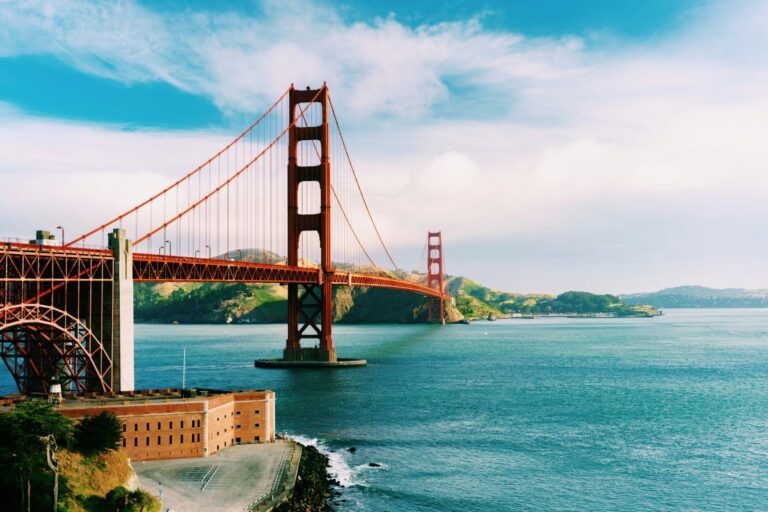Skift Take
San Francisco was finally beginning to turn a profit, but the hole was deep.
Dawit Habtemariam
San Francisco’s hotel industry appears to be reversing its fortunes and reviving thanks to a burgeoning AI industry, but the city’s downtown is struggling to fully recover tourism.
CoStar’s latest data paints a positive picture: San Francisco hotels were 79% full last week, making the city the largest hotel market in the U.S. from June 9 to June 15. CoStar attributes the boost to an AI conference hosted by Databricks.
May was also promising, with occupancy rate at 71%, up 4 percentage points from last year.
Still, the hole is deep: “Though relatively better, they’re still not at pre-pandemic levels,” said Jan Freitag, senior vice president of lodging insights at STR and national director of hospitality analytics for CoStar Group, who noted that room rates in the city have remained essentially flat over the past five months.
The nuanced view reflects the complicated reality of San Francisco’s economic recovery: Convention business, the traditional mainstay of the city’s hospitality sector, is recovering but at a slow pace. The average group rate was $383 a day, above the $268 average for the top 25, and up 2% from last year, Freitag said.
The long-term effects of the pandemic continue to plague San Francisco’s recovery efforts, with disruptions to normal sales cycles leaving gaping holes in the city’s convention calendar, especially for 2024. Most large events are booked three to five years in advance, so the city’s inability to market and sell during the pandemic has created a void that won’t be easily filled, although other cities appear to have recovered more quickly.
Some of the largest conventions, those attracting more than 45,000 attendees, may move out of San Francisco for good, as the city’s hotel capacity is limited to just over 40,000 rooms, and hosting such large gatherings poses challenges beyond safety and reputational concerns.
The rise of AI
But the meetings sector’s challenges may be offset by an unexpected savior: artificial intelligence.
The rise of AI is breathing new life into San Francisco’s commercial real estate market.
“We’re definitely seeing more activity in downtown San Francisco, and we’re definitely seeing more AI companies leasing office space downtown,” Freitag notes. This influx of tech talent is driving demand for accommodations, especially in the luxury residential sector.
Tourism downturn?
Some travel companies have cut back on trips or avoided visits to the city last year after receiving negative feedback from customers.
G Adventures, for example, cut back on its stay in the city following safety complaints, and the tour operator has no plans to operate tours again.
The recovery is uneven
The shift to remote work has hit San Francisco’s downtown core, traditionally the epicenter of the city’s tourism ecosystem, hard as office occupancy rates have plummeted and the city’s once-bustling central business district has struggled to maintain its vitality, further complicating efforts to attract tourists and meetings.
Despite these challenges, there is reason for optimism: The city has taken steps to address crime and public safety issues that have historically deterred some tourists.
Dylan David, founder of Dylan’s Tours and a San Francisco native, noted improvements in the market. “You’re not seeing the crime and open-air drug markets that you saw a year ago,” he said.
The city will benefit from being a hub of AI technology investment, but foot traffic will not fully recover to pre-pandemic levels anytime soon, given the hybrid work model that dominates at many local businesses.
“The fact remains that people will be working three days downtown instead of five,” David said.

